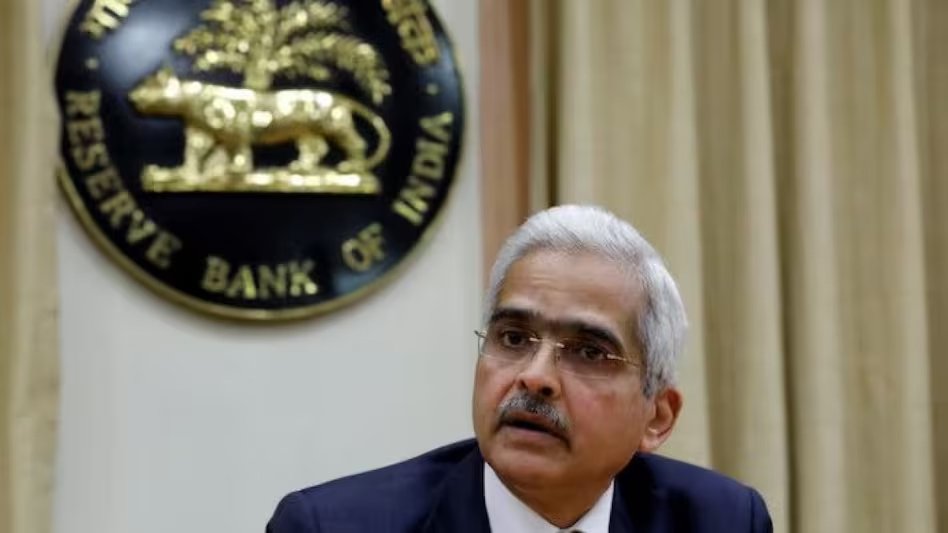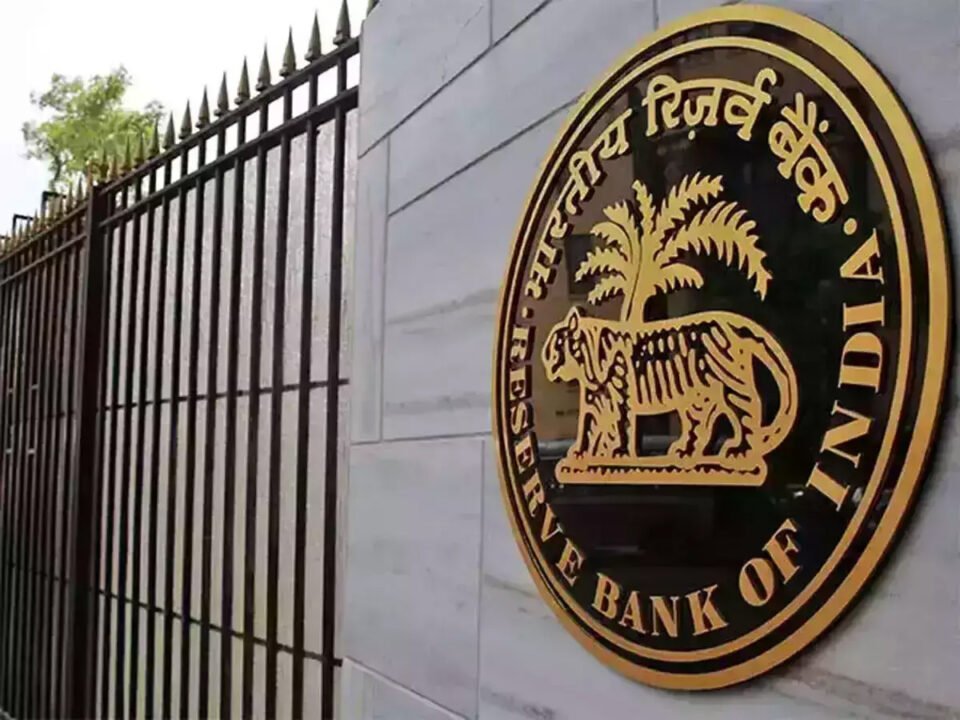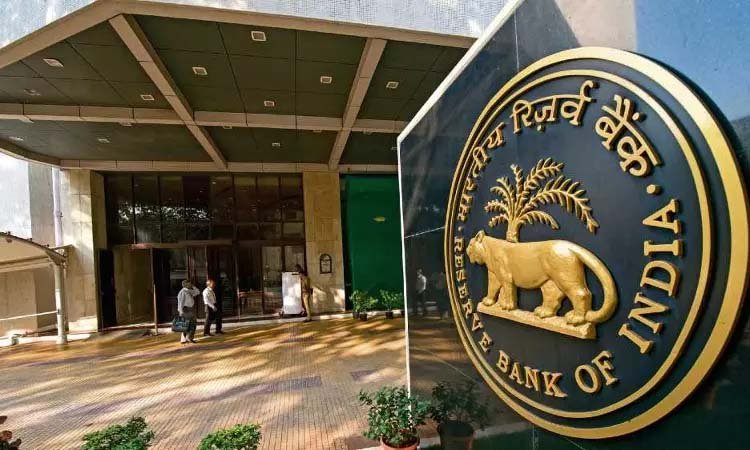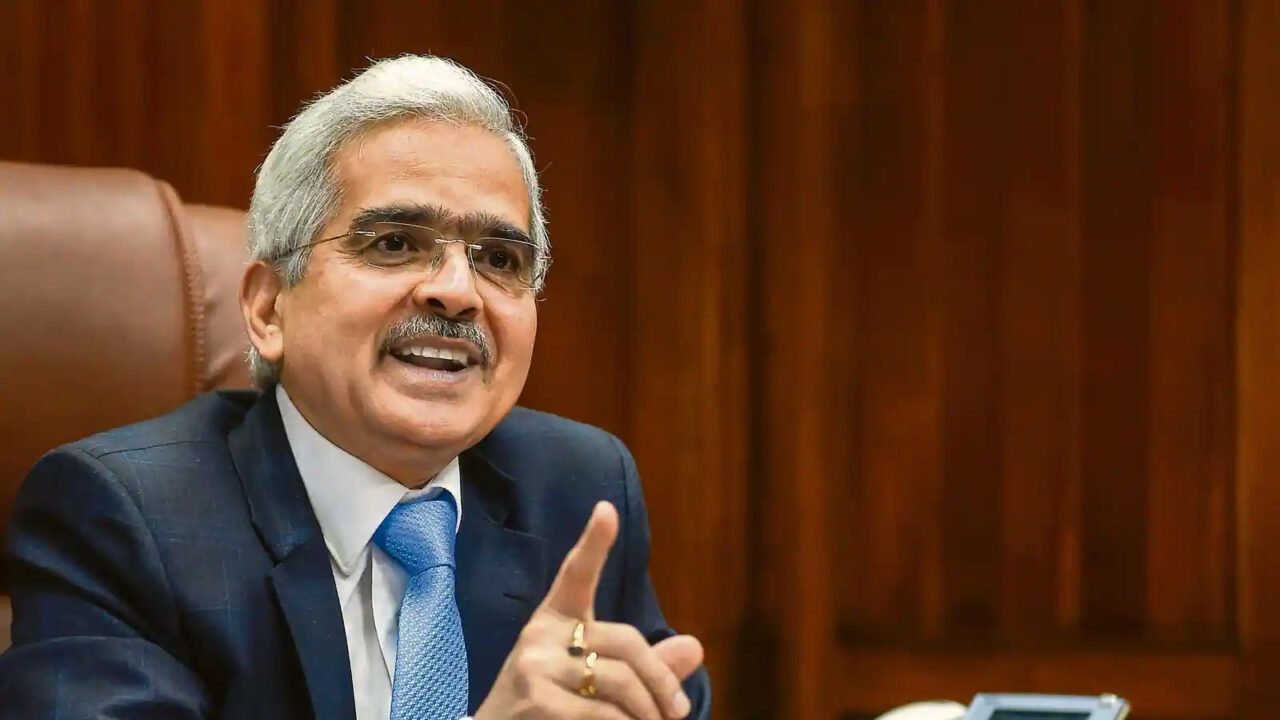MUMBAI, May 29 (PTI): The Reserve Bank has found gaps in banks’ corporate governance despite issuing guidelines on the matter, Governor Shaktikanta Das said on Monday.
Addressing directors of bank boards, Das said such gaps, which have been mitigated, could have caused “some degree of volatility”.
He also hit out strongly against “smart accounting” to conceal stress and bloat financial performance.
“It is…a matter of concern that despite these guidelines on corporate governance, we have come across gaps in governance of certain banks, with the potential to cause some degree of volatility in the banking sector,” Das said at the meeting specially convened by the Reserve Bank.
Bank boards and management should not allow such gaps to creep in, he said, adding that the RBI has taken up such matters with the banks at an individual level in the past.
It is the joint responsibility of the chairman of the board and the directors, both whole-time and non-executive or part-time directors, to ensure robust governance in banks, the governor noted.
The RBI has also found banks adopting “smart accounting methods” to “artificially boost financial performance”, Das said, revealing more about the modus operandi.
Banks try to conceal the real status of stressed loans by getting two lenders together to evergreen each other’s loans by sale and buyback of loans or debt instruments, persuading good borrowers to enter into structured deals with a stressed borrower to conceal the stress, adjust borrower’s repayment obligations by using internal or office accounts, he said.
“We have also come across a few examples where one method of evergreening, after being pointed out by the regulator, was replaced by another method. Such practices beg the question as to whose interest such smart methods serve. I have mentioned these instances to sensitise all of you to keep a watch on such practices,” he said.
Without naming any particular case, Das said the RBI has noticed the dominance of chief executives in board discussions and decision-making and rued that the boards do not assert themselves.
“We would not like this type of situation to develop. At the same time, there should not be a situation where the CEO is inhibited from doing his duties,” he added.
Das advised banks to be cautious in the pursuit of their growth strategies, pricing and portfolio composition.
“Over-aggressive growth, under-pricing or over-pricing of products both on the credit and deposit sides, concentration or lack of adequate diversification in deposit/ credit profile can expose the banks to higher risks and vulnerabilities,” he said.
The governor also said that while the Reserve Bank has nudged banks to adjust their business strategies in some cases where they were creating “avoidable vulnerabilities” by being aggressive, the central bank does not interfere in the commercial decision-making of the banks.
Employees cannot be rewarded for increasing short-term profits without adequate recognition of the risks and long-term consequences, Das said.
In the remarks that come weeks after turbulence in the American banking sector, Das also asked bank boards to be wary about basic aspects like asset-liability mismatches, saying as suboptimal ALM can lead to serious liquidity risks and destabilising effects on the bank itself.
“…developments in the USA have also demonstrated that aggressive growth strategies with disproportionate or excessive focus on the bottom lines and/or market capitalisation often leads to build up of vulnerabilities,” he said.
He was quick to add that the Indian banking sector is “strong and stable” with capital buffers at 16.1 per cent, gross non-performing assets at 4.41 per cent and provision coverage ratio at 73.20 per cent at the end of December 2022.
“It is in times such as these that complacency may set in. We have to bear in mind that risks often get overlooked or forgotten when things are going well. Therefore, boards of directors of banks and their senior management should maintain a constant vigil on external risks and build-up of internal vulnerabilities, if any,” he said.












